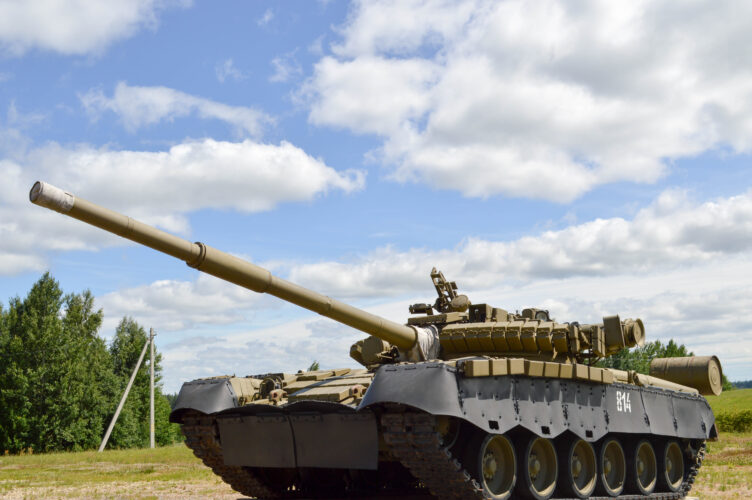Israel is under enormous pressure from two directions. First, world leaders want a ceasefire in Gaza due to the number of civilian deaths in the Gaza War. They lie about what the International Laws of war say, and which laws Israel seeks to keep. They do not admit, as key analysts have noted that despite the level of human shielding, for an urban war, Israel’s percentage of civilian causalities is amazingly low. The world says that Israel should not go into Rafah. If she does not go, Hamas wins and can reconstitute and come into power again.
The second pressure is from some of the hostage families. Not all of them agree. Their protests and the desire for some to see their family members released at any cost is rejected by the majority of Israelis, but their protests have led to awakening the pre-war protests against the Netanyahu government and are breaking down the strong national unity that characterized our nation back in November.
However, could a temporary cease-fire and the release of hostages and Hamas murderers in Israel’s jails be the right decision to get the hostages back? Could such a cease-fire compromise Israel’s need to defeat Hamas? Maybe but maybe not. And these murderers could be killed in the onslaught after the cease-fire. Would that Israel have a death penalty for terrorist murderers? This would end trading for terrorists.
The United States has pushed Israel not to invade Rafah, the last Gaza stronghold for Hamas, but there has been a “but.” The “but” is unless there is a credible plan to save the civilians whose number has burgeoned to maybe 1 ½ million in the very small area of Rafah. Israel could use the pause to get their plan in place to move most of the refugees in Rafah and other civilians back to the other areas of Gaza. They can set up checkpoints for all who return North, so no weapons can be taken with them. Until the actual cease-fire, they can clean up the other areas of Gaza so they can be re-occupied by civilians. Right now, it appears that Israel’s primary focus is now cleaning up the areas of Gaza outside Rafah. If Israel does adequate clean-up before the cease-fire, they can evacuate Rafah when the cease-fire ends. Yes, the war is drawn out, but maybe this is Israel’s strategy.
The other big problem is Hezbollah in Lebanon. Israel does need to clean out Southern Lebanon and push the terrorists beyond the Litani River in Lebanon as is the UN resolution 1701. Israel should have done this 15 years ago. Would she continue to fight in Lebanon if there is a cease-fire? Probably not, but this is a huge problem since almost 100,000 Israelis have been displaced due to Hezbollah rockets. I do not see a solution to this. Prolonging their displacement until after a six-week ceasefire will be infuriating to them. Stay tuned.
Do sign up for my Twitter account, Daniel Calvin Juster, to make sure you do not miss my writings.
